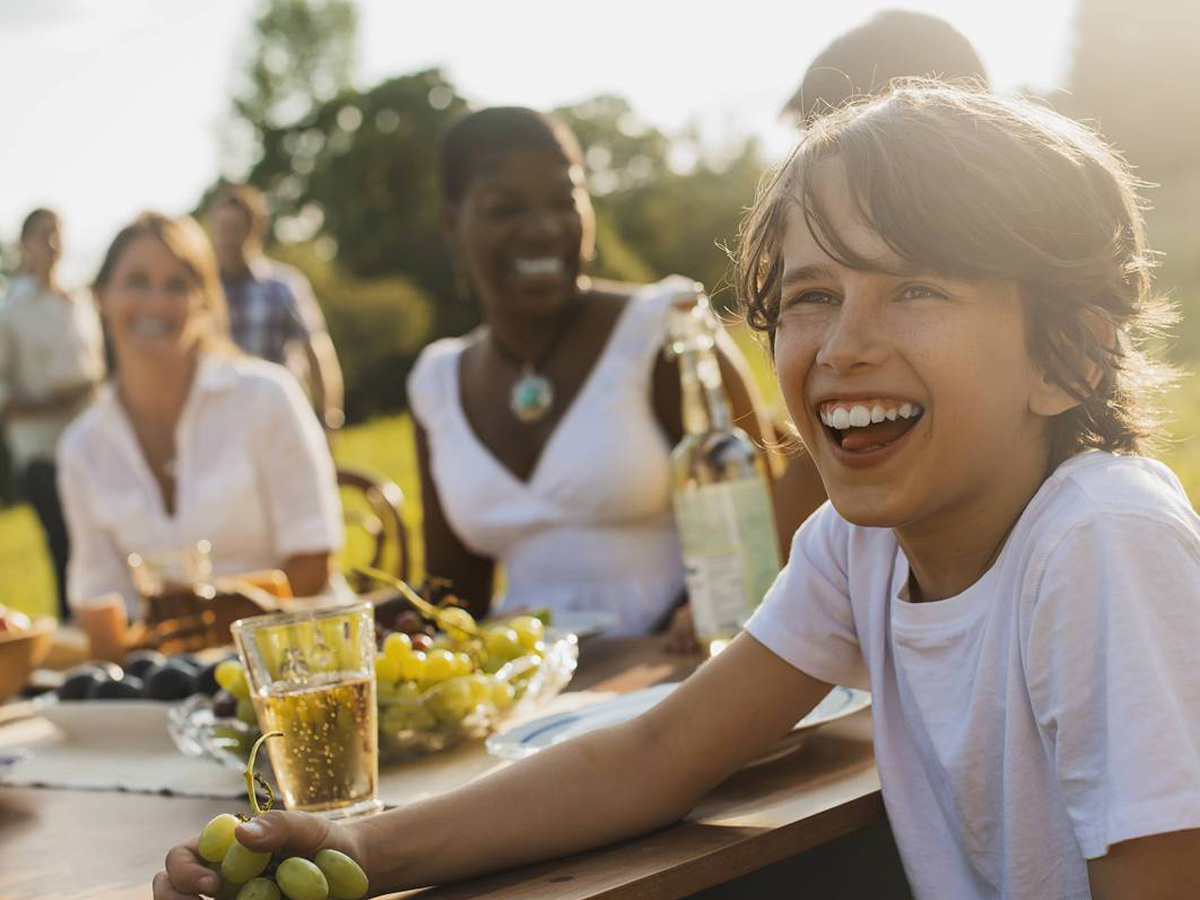It’s okay to say nay
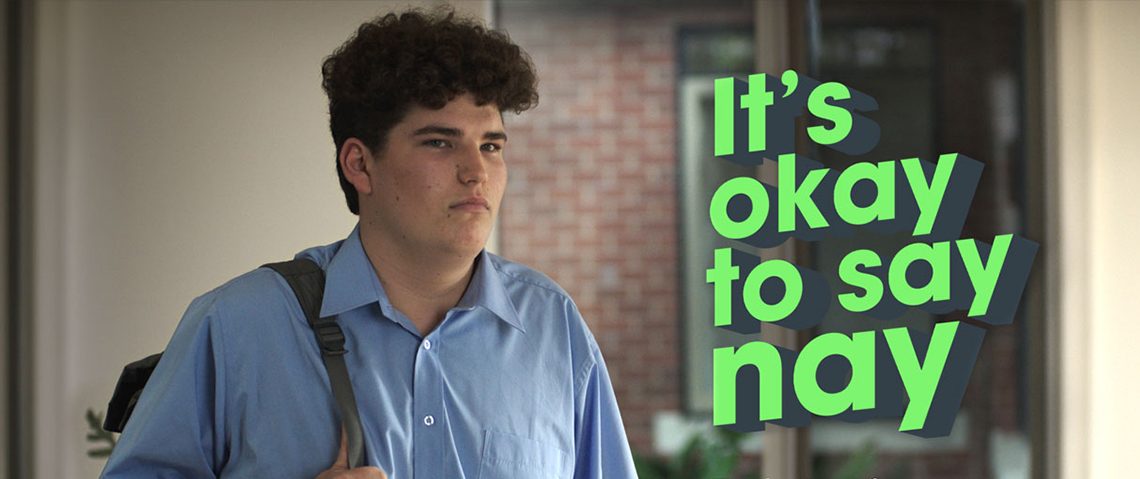
You know what’s great to hear? Most Australian parents (89%)1 aren’t supplying their underage teenagers with alcohol and the majority of underage teenagers in Australia are choosing not to drink alcohol (69%).2
What’s not so great to hear? Of those teenagers who are drinking alcohol, 36.1% said their parents were the main source of alcohol supply.3 That’s why DrinkWise is continuing to remind parents that when it comes to underage teenagers drinking alcohol It’s okay to say nay.
What do the experts say?
 Renowned adolescent psychologist, Dr Michael Carr-Gregg (pictured left) and medical health expert Dr Andrew Rochford have both endorsed the DrinkWise It’s okay to say nay campaign, lending their voices to raise awareness amongst parents of teenagers that the majority (89%) of parents aren’t supplying their underage teenagers with alcohol.
Renowned adolescent psychologist, Dr Michael Carr-Gregg (pictured left) and medical health expert Dr Andrew Rochford have both endorsed the DrinkWise It’s okay to say nay campaign, lending their voices to raise awareness amongst parents of teenagers that the majority (89%) of parents aren’t supplying their underage teenagers with alcohol.
According to Dr Carr-Gregg It’s okay to say nay is such an important public health campaign as it gives clear and unambiguous advice to parents – just say no to giving your kids alcohol.
“From a psychological perspective, alcohol can impact teenagers in four main ways:
- The key developmental task of making friends. Alcohol can really disrupt that process, quite often putting them in a situation where they’re hanging out with young people who are more prone to take risks. Therefore, they will be more prone to take risks. The research shows that following serves of alcohol, teenagers are more likely to report binge drinking, experience alcohol-related harm such as accidents, blackouts, be involved in fights or problematic drinking in their future adolescent years.4
- The impact on school. We know that underage kids who drink alcohol don’t do as well academically.
- We know that alcohol causes huge problems for teenagers. They’re much more likely to have depression, anxiety and conflict.
- And lastly, it impacts on their very ability to answer the questions: Who am I? Am I normal? And where am I going?”
“The medical and psychological effects of alcohol on underage teenagers are detrimental to their school life and mental health and are a serious disadvantage to their development.”
“This It’s okay to say nay campaign highlights that most parents are doing the right thing and not supplying their underage teens with alcohol. We all remember the first DrinkWise ad with the young man getting the beer out of the fridge for his father, which helped parents understand the influence their behaviour has on their children’s attitudes towards alcohol and the impact their role modelling can have on their kids. This campaign helps to continue that conversation. It helps parents with their internal narrative when it comes to making this decision and reminds them of the important role they play in setting boundaries, being role models and ‘influencers’ in their children’s lives.”
The overwhelming majority of parents don’t supply their underage teens with alcohol.
Dr Michael Carr-Gregg
“My advice to parents is to start the conversation around alcohol early and have it often so you can help your underage teenagers make the smart choice to abstain from drinking. As parents we shouldn’t be giving our kids any alcohol – we need to be consistently saying no,” said Dr Carr-Gregg.
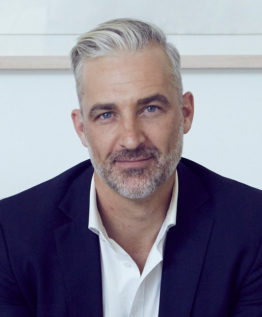 Dr Rochford (pictured left) agrees. “We know that teenagers want definitive boundaries set around alcohol and we know that the decision to not supply alcohol to underage teenagers in the long-term is the right one for a developing teenager – so it’s best to just say no – or in this case – nay.”
Dr Rochford (pictured left) agrees. “We know that teenagers want definitive boundaries set around alcohol and we know that the decision to not supply alcohol to underage teenagers in the long-term is the right one for a developing teenager – so it’s best to just say no – or in this case – nay.”
“While it’s easy to see a child’s body growing during their teenage years, it’s not as obvious that their brain is growing too. Throughout their teens and into their twenties, their brain continues to grow and form. The frontal lobe and hippocampus – the areas of the brain that are associated with motivation, impulse control and addiction are going through the most dramatic growth while you’re a teenager. Drinking alcohol while this growth is happening can disrupt your child’s brain development and even damage their brain.”
“As parents we do have it tough. We’re competing for our kids’ attention with friends, devices, and outside influences beyond our control – but we all want the best for our kids. The DrinkWise It’s okay to say nay campaign reminds parents that we can’t always control everything in our teenagers’ lives – but the one thing we can do is set boundaries when it comes to alcohol and be confident that not giving our teenagers alcohol is the right decision.”
Drinking when underage can disrupt your child’s brain development and even damage their brain.
Dr Andrew Rochford
What do other parents and teenagers say?
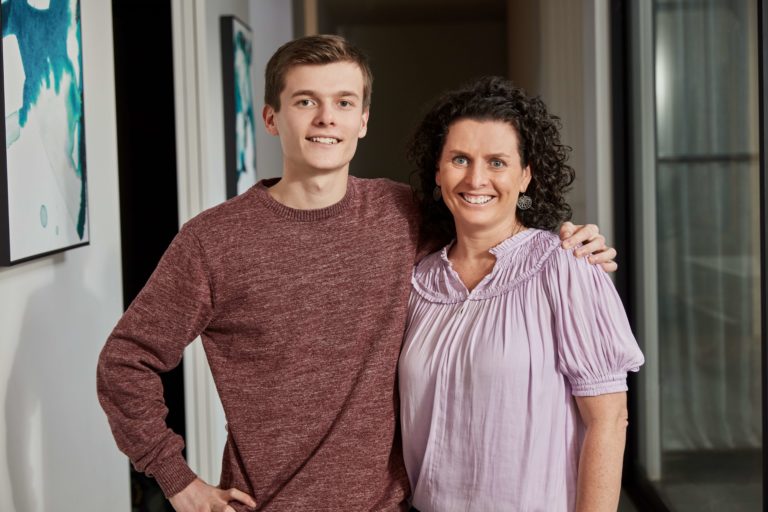
Catherine is a parent to Harrison (pictured left), Millie and Fletcher. Together with her husband they’ve made the choice (like the majority of other Australian parents) to not supply alcohol to their children when they are underage.
“My husband and I both have health backgrounds so we’re aware of the harm that alcohol can cause on a developing brain. For us the choice was easy to say no to providing alcohol to our kids. It is reassuring to know that we’re not the only ones and that the majority of parents are making the decision to not give their kids alcohol.”
“It was important for our family to have the conversation with our kids early and not only have that conversation once but a conversation that you build on over time,” said Catherine
Harrison agrees with his mum, “I’m really glad that we had those conversations and set those boundaries as it was the right decision for me. The ability to be in a group and say no is becoming easier and easier with people understanding other people’s views and that’s really important.”
DrinkWise Chief Executive Officer
DrinkWise Chief Executive Officer Simon Strahan acknowledged that while figures show parents supplying their children with alcohol is on the decline, there is more to be done to reduce harm.
“We’ve seen a significant increase in underage teenagers abstaining from alcohol over the past twenty years and while that is pleasing, it is worrying that some Australians still think that underaged teenagers having an occasional drink doesn’t put their health at risk. We know that abstaining from alcohol when underage helps protect teenagers, so we want to reassure parents that not supplying alcohol is the right thing to do. We also want to remind parents that the overwhelming majority of other parents don’t supply their kids with alcohol– so they can be confident in saying no – and that the overwhelming majority of teenagers don’t drink so they can have that conversation with their kids and help them make the smart choice.
“Ongoing education is crucial to discouraging underage drinking and helping parents understand their capacity to set boundaries and be positive role models, as this is pivotal to generational change when it comes to alcohol,“ said Mr Strahan.
Backed by research
As an evidence-based organisation, DrinkWise relies on key independent research and clinical advice to underpin our campaigns and programs. It’s okay to say nay was guided by experts in research, public health, medicine and social marketing, in addition to being developed and tested with parents and underage teenagers. The following insights have informed the 2024 campaign:
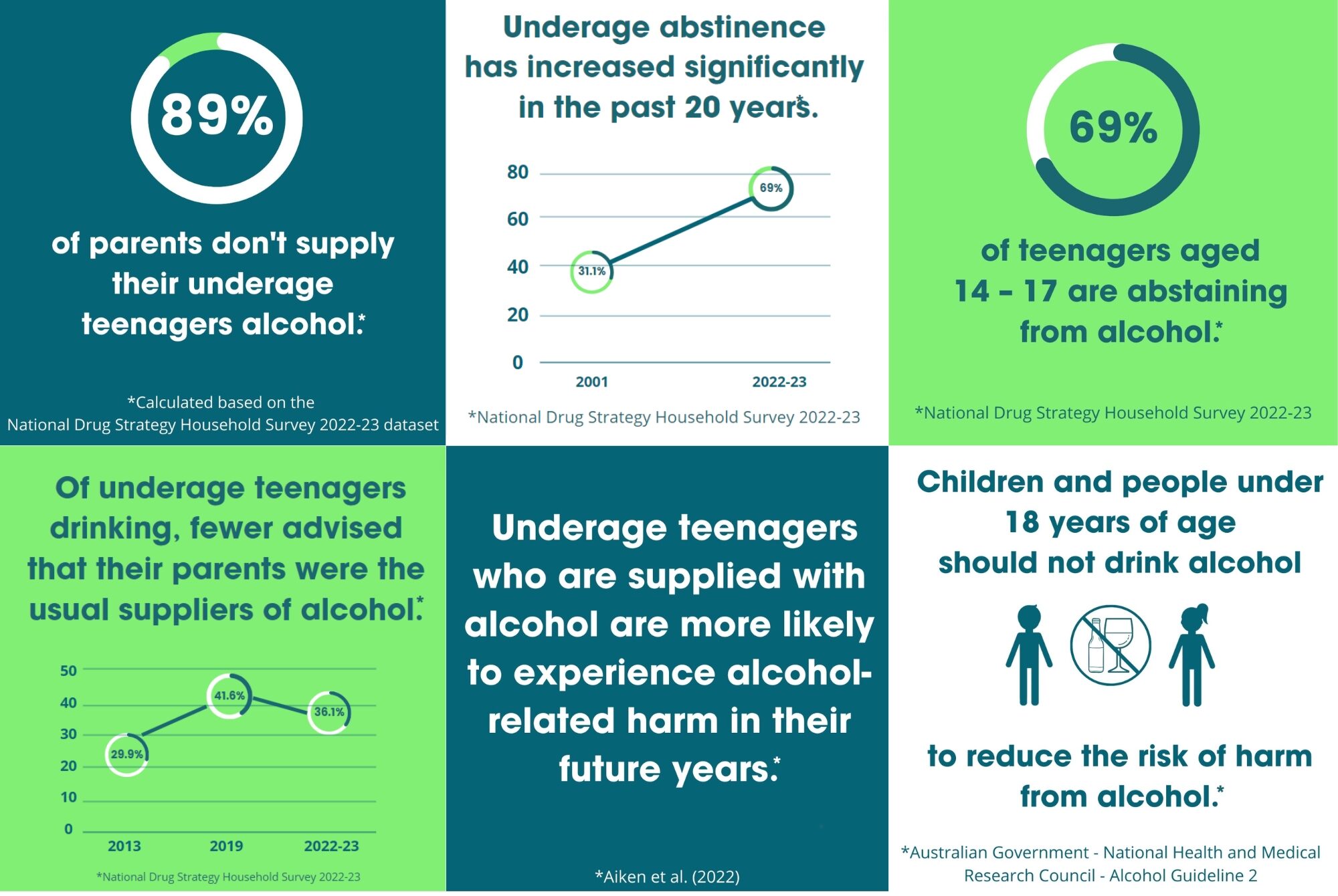


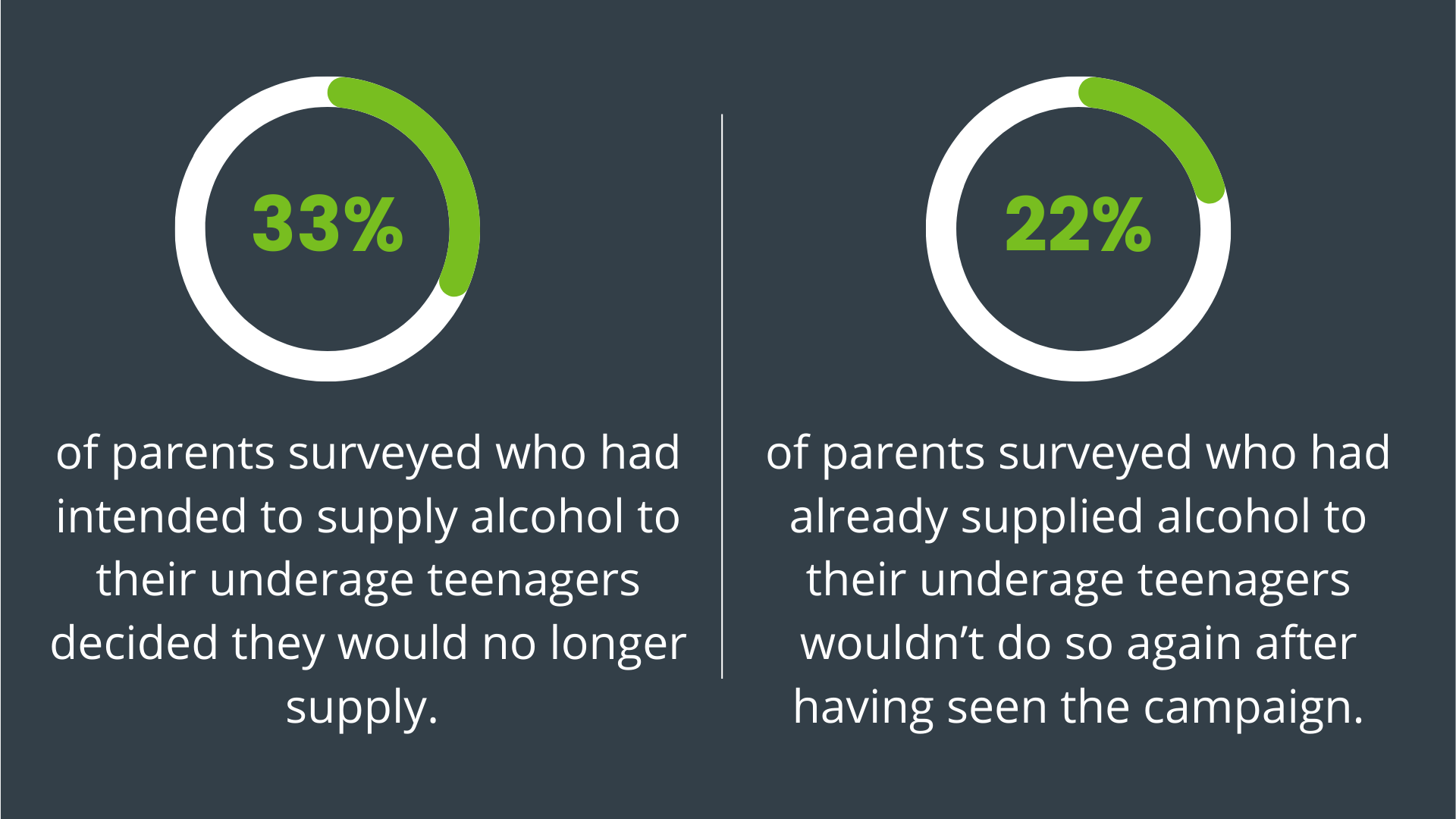


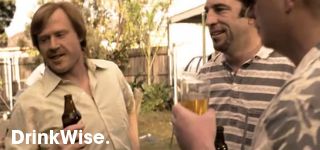

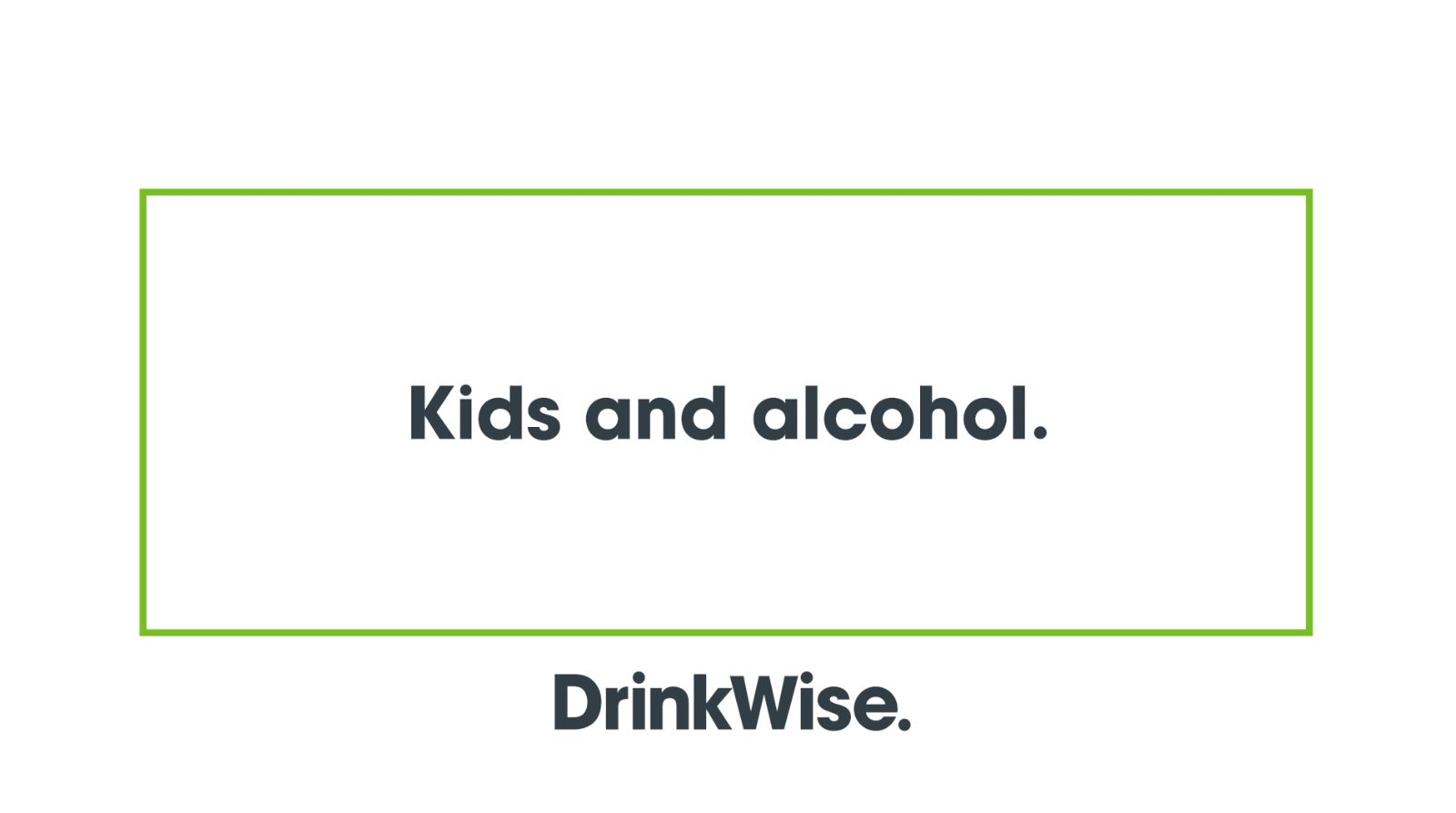

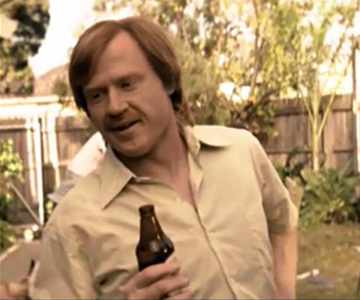
 Video
Video